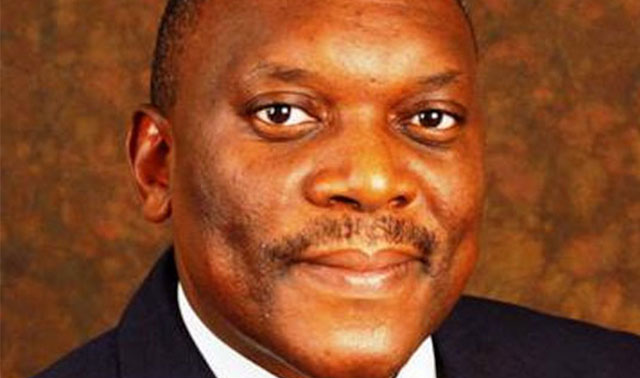
The department of posts & telecommunications is slowly edging closer to completing a white paper on an information and communications technology (ICT) policy review for South Africa.
The department presented its recommendations for a discussion to lead to a white paper to the parliamentary portfolio committee on telecoms and postal services on Tuesday in Cape Town.
South Africa does not currently have a comprehensive ICT policy framework.
“We hope that by the end of the financial year, which means March, not December, we’ll be able to come up with the white paper. That process will go through internal processes, cabinet and then back to parliament,” minister Siyabonga Cwele told the committee.
He said that a comprehensive policy framework was required to facilitate technological change not envisioned by old legislation.
“Because there are such rapid changes, policies and laws have to be regularly reviewed in order to set up the framework across the ICT sector. Most of the policies, laws and regulations under review date as far back as the 1990s.”
At the centre of the policy review is access and management of broadband Internet services that would include traditional broadcast television.
As mobile spectrum comes under increasing pressure because of the near exponential growth of data consumption, it is critical that analogue broadcasters are moved out of the key 800MHz frequency band as the country is obligated to move toward digital terrestrial television.
Once the frequency is freed up, it can be licensed to mobile operators, which are expected to place high bids for the right to utilise the spectrum ideal for high-speed broadband services.
However, while the international deadline looms this month, South Africa faces acute challenges in how to develop policy that can guarantee universal Internet access.
“Also in the developed world they face this challenge of universal access. We, coming from an apartheid colonial past, we have to ensure that all South Africans have universal and equal access to communication infrastructure and services,” said Cwele as he referenced national policy of universal broadband by 2020.
He added that in South Africa, the mobile market needs evaluation.
“Government has a responsibility to develop policies that seek to promote competition in the market to make sure that these services and accessible, affordable for all South Africans.”
In a thinly veiled reference to dominant South African operators Vodacom and MTN, the minister indicated that he was particularly concerned with the nature of competition.
“We have to look at the market structure. Is this market structure creating competition, or is it creating monopolies. If there are monopolies, how do we manage the possibility of new entrants?”
The previous minister of communications, Yunus Carrim, expressed a similar sentiment to review ICT policy, but was removed before he could implement many of his ideas.
The current policy review has been a lengthy process with input from industry, government and civil society, and Cwele said that it was an important tool to incorporate into new legislation.
“It’s best practice to do policy review; everywhere in the world people are doing these policy reviews.” — Fin24




